Don’t sleep on its anti-aging benefits.
By
Erin Reimel and Taylor Davis
Apr 24, 2020

If you’re one of the fifty to seventy million Americans who struggles to fall (and stay) asleep, chances are you’ve heard of melatonin, the hormone that regulates your sleep and wake cycle.
But melatonin has become the latest trendy skincare ingredient that claims to help repair and restore your skin while combating signs of stress and pollution. (Have we been sleeping on this restorative powerhouse all along?)
To answer all our questions about melatonin, like how it helps your skin and how you should be using it, we asked Austin-based dermatologist Ted Lain, MD and New York City–based dermatologists Dendy Engelman, MD and Dennis Gross, MD to break down al the important information about the buzzy hormone. Below, everything you need to know about adding melatonin to your skincare routine and a few product recommendations to help you get started.
What is melatonin?
More than just a pill you pop when you can’t stop tossing and turning, the hormone melatonin is a key element of your body’s sleep and wake cycle. When it starts to get dark outside, the brain— signaled by the change in light—releases melatonin, triggering the urge to sleep. (That’s why you begin to feel tired at around the same time each day.) Melatonin has long been available as an oral supplement, but scientific evidence has revealed its antioxidant superpowers, making it the latest buzzy ingredient in topical skin care.
How does it help your skin?
All day long, your skin encounters damaging free radicals, thanks to pollution and UV exposure. These face foes can alter the skin’s DNA, resulting in photo damage and even cancer, according to Lain. In order to neutralize free radicals, your body makes antioxidants, with the help of antioxidant enzymes. “Melatonin stimulates your body’s natural production of these enzymes,” says Dr Engelman. And, according to a study published in the Journal of Drugs in Dermatology, these melatonin-induced antioxidants are more effective than those from the ever-popular vitamins C and E.
Another plus to adding melatonin to skincare products: There’s no risk of side effects like headaches, dizziness, nausea, or even those crazy dreams that some people report experiencing from the oral version. “A study in the Journal of Dermatological Treatment assessed whether melatonin cream applied to 80 percent of the body at night led to any mental changes,” Lain says. The results showed no link to cognitive dysfunction, so you can rest easy.
How should you use it?
Melatonin works with common anti-aging ingredients, such as retinol (found, along with melatonin, in Peter Thomas Roth Green Releaf Therapeutic Sleep Cream) and vitamin C (Engelman recommends skin-brightening ISDIN Melatonik). It also complements hyaluronic acid (found in Zelens Z Melatonin Night Repair Serum) in improving skin’s elasticity. Most people apply melatonin products at night, when skin’s repair process works overtime. But because melatonin increases antioxidant levels, some doctors argue for daytime use as well, since that’s when you’re bombarded with UV rays. Dr. Gross suggests applying an SPF with melatonin, like his Instant Radiance Sun Defense Broad Spectrum SPF 40, as the last step in your morning skincare routine.
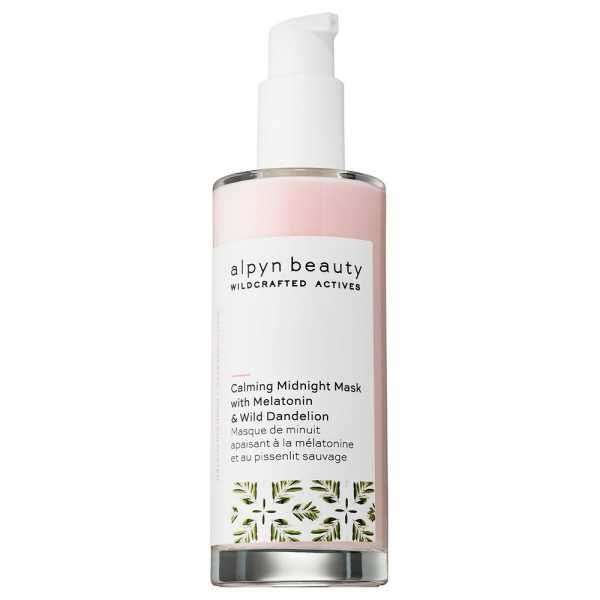
Calming Sleeping Mask with Melatonin & Wild Dandelion
Alpyn Beauty
$68.00
SHOP NOW
Think of this botanical-powered overnight treatment as a reset button for your skin. Melatonin enhances the skin’s natural repair process while wildcrafted dandelion leaf and bakuchiol (known as nature’s retinol alternative) refine skin texture.
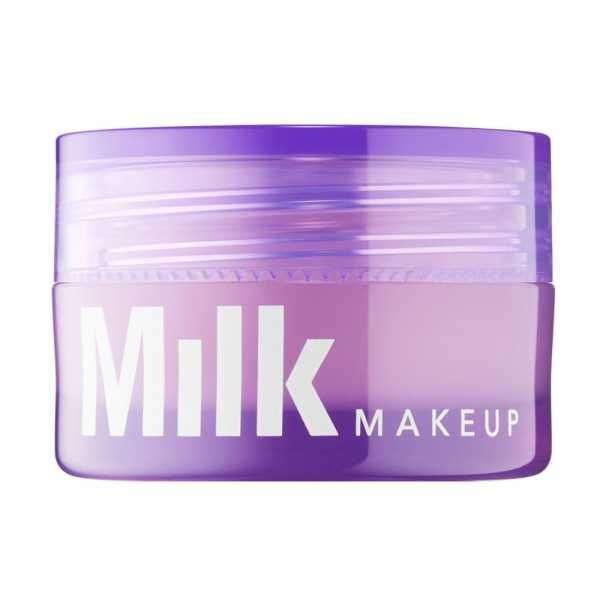
Melatonin Overnight Lip Mask
MILK MAKEUP
sephora.com
$22.00
SHOP NOW
Kiss chapped lips buh-bye. Hyaluronic acid and melatonin work together to give lips a plump, smooth appearance. A quadruple berry blend (goji, acai, blueberry, and blackberry) provides antioxidant benefits that help to rejuvenate your pout overnight.
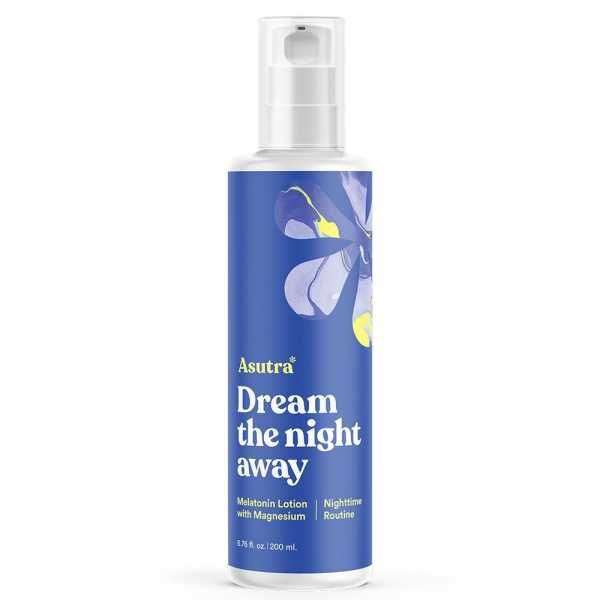
Melatonin Lotion with Magnesium
Asutra
$31.99
SHOP NOW
Tennis player Venus Williams, who is part owner of Asutra, swears by this relaxing melatonin and magnesium cream to get a restful night’s sleep.
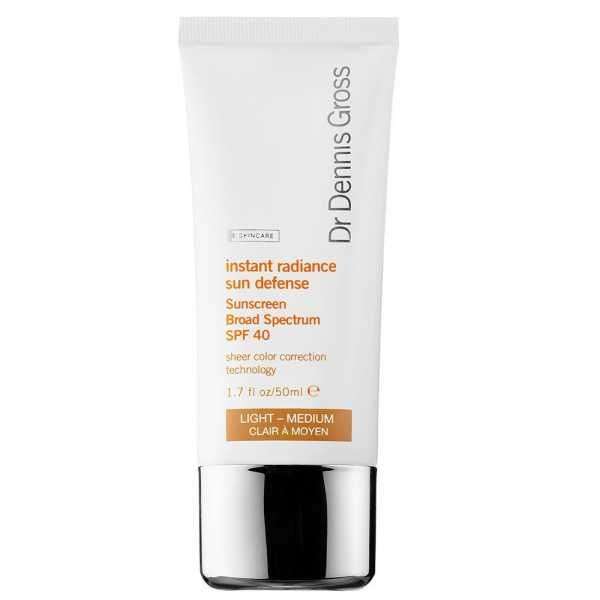
Instant Radiance Sun Defense Sunscreen Broad Spectrum SPF 40
Dr. Dennis Gross Skincare
sephora.com
$42.00
SHOP NOW
Melatonin’s ability to create radical-fighting antioxidants makes it the perfect addition to your daytime routine. This tinted physical sunscreen pairs it with brightening vitamin C to help protect against environmental stressors and correct uneven skin tone.
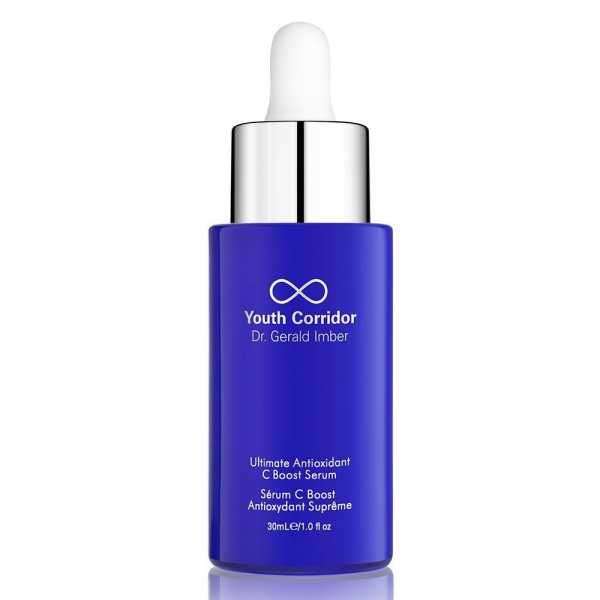
Ultimate Antioxidant C Boost Serum
Youth Corridor
$195.00
SHOP NOW
L-absorbic acid, the most effective form of topical vitamin C, helps to undo environmental damage along with melatonin and vitamins E and B3.
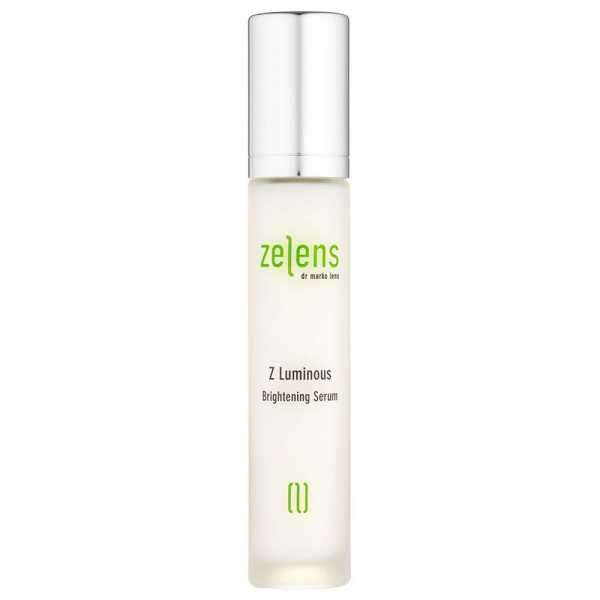
Z Luminous Brightening Serum
Zelens
$250.00
SHOP NOW
This brightening serum contains a proprietary complex of three botanicals that are naturally rich in melatonin: St. John’s wort, Chinese liquorice, and thyme.
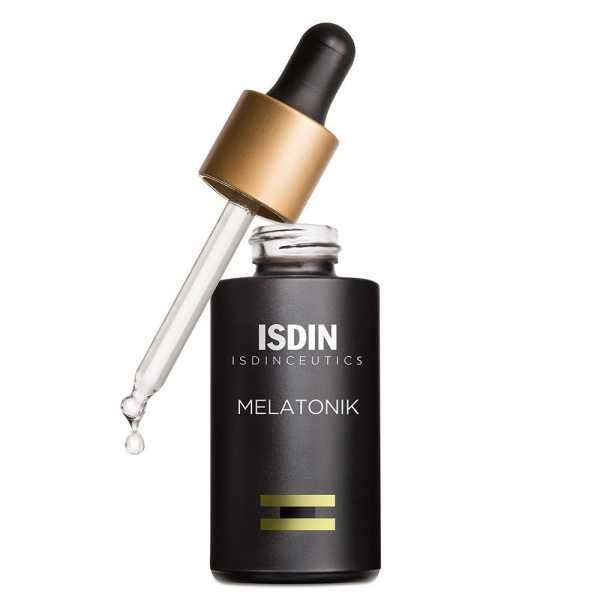
MELATONIK
Isdin
$160.00
SHOP NOW
Reboot stressed skin with this overnight serum-oil hybrid. It features a cocktail of antioxidant-producing melatonin, refining bakuchiol, and brightening vitamin C that help to undo environmental damage from the day.
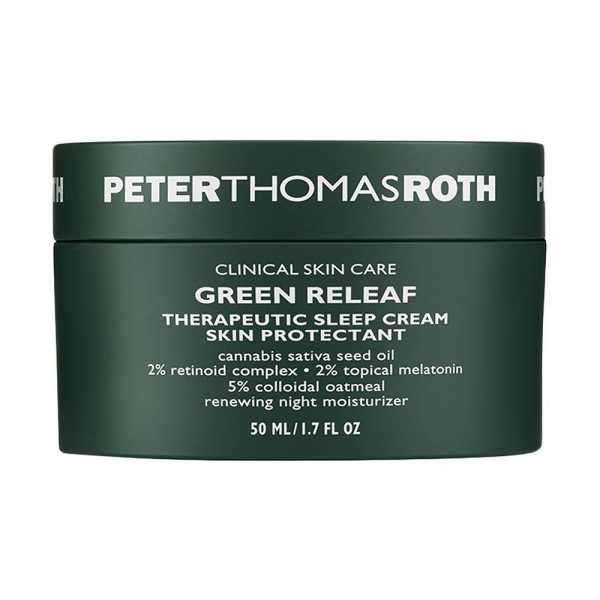
Green Releaf Therapeutic Sleep Cream
Peter Thomas Roth
$65.00
SHOP NOW
Dry and eczema-prone skin types will love this nurturing night cream. Cannabis sativa seed oil and colloidal oatmeal soothe irritation while retinoid complex and melatonin work to smooth out fine lines and wrinkles.
This article appears in the March 2019 issue of ELLE.
Source: www.elle.com







